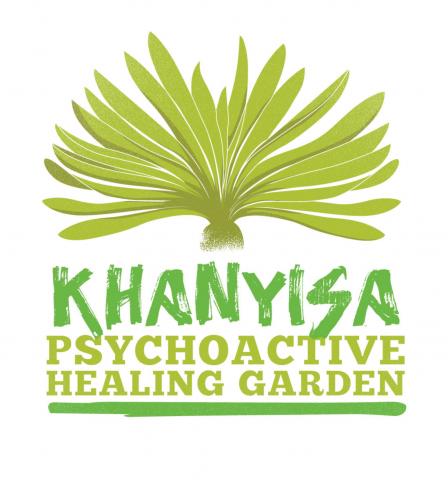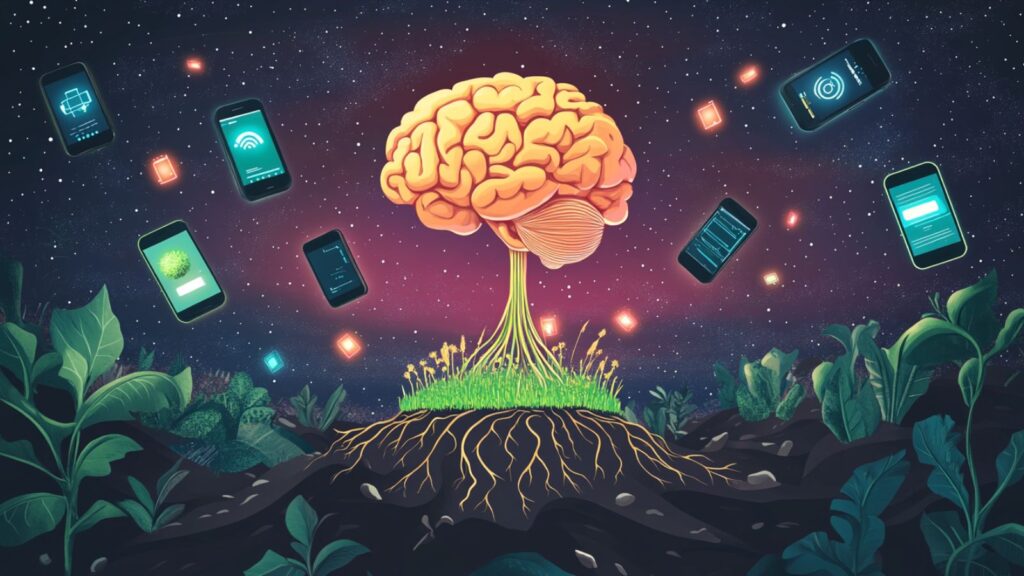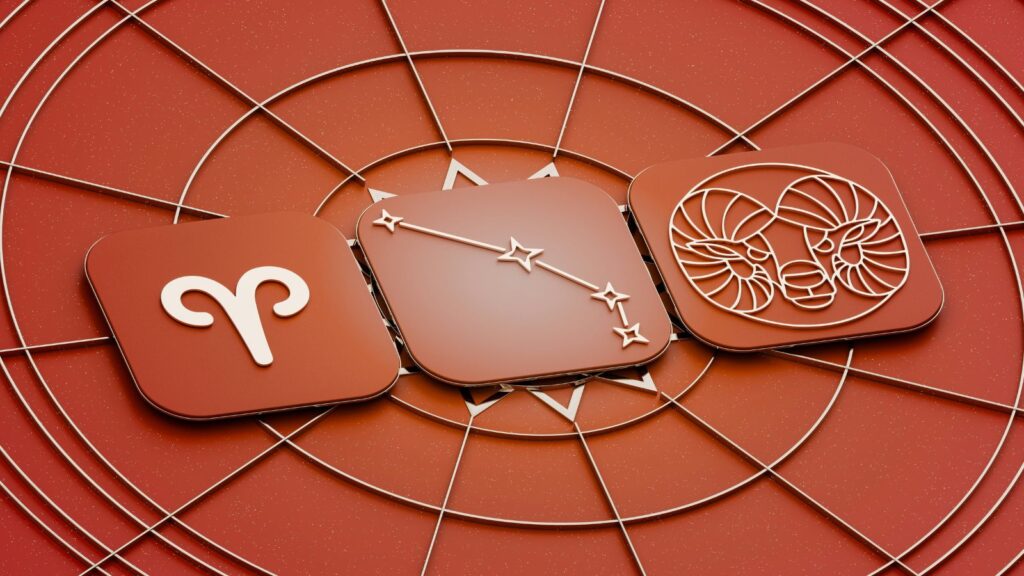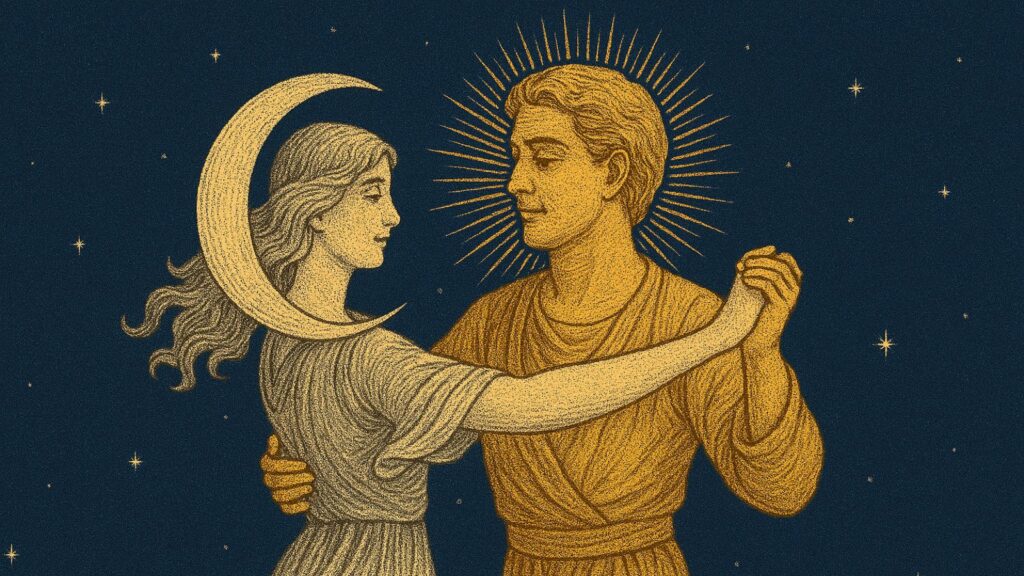A State of Fragmentation
By 2020, it is predicted by the World Health Organization that depression will be the leading cause of disease burden in the first world. This is a scary statistic. Despite all the advantages of western technology, it is clear that we are all struggling more than ever to deal effectively with the stresses and challenges of modern day living.
Therefore, there is a great need for places of healing, personal development and health promotion, which can not be more true than for those living in South Africa, where we face the daily pressures of: corruption, the stress to meet rising living costs, anxiety through the threat of rampant crime, different cultures only beginning to learn to live together and the pollution of our public spaces and ecosystems.
Being an ethnobotanist (medicinal plant researcher) I have investigated holistic medicine systems from around the world for over 20 years, from South African traditional medicine to Ayurvedic (Indian) medicine and South American ethnomedicine.
I have found many plants and methods from these diverse ancient traditions that can be used simply and effectively to relax and strengthen the nervous system that most people do not know about in our modern consumer driven culture.
Knowledge on healing and medicinal plants has been held deeply by the indigenous South African people for millennia. It is my vision that this tried and tested African traditional knowledge can help us meet these new challenges we face today with stress and depression that will allow us to effectively heal our nervous system and overall health. Thus, these traditional knowledge systems already hold many of the keys for our healing and wellbeing that we merely need to resurface and apply to improve our lives!
To do this, requires the urgent documentation of this threatened healing knowledge from the few authentic traditional healers left in South Africa, so as to preserve South Africa’s very rich traditional plant and healing knowledge for future application in healing and medicine. Many of the old South African traditional healers are dying without passing on their healing wisdom and this is the last generation that still holds this invaluable healing knowledge of psychoactive plants.
A medicine gatherer harvesting ubulawu
This value of South African traditional knowledge has inspired the vision of the Khanyisa psychoactive healing garden. “Khanyisa” means illumination and describes the effects of some of the South African traditional plant medicines to open the mind and vision. Before sharing this vision I would like to share what led to this vision and the value of African psychoactive plants in healing and well-being.
South Africa’s Hidden Wealth of Healing Psychoactive Plants
Psychoactive plants are plants that when ingested effect the emotional, intellectual and behavioral function of humans.
Globally, these plants are holding new therapeutic potential for difficult to treat conditions such as Alzheimer’s disease (Peganum harmala), epilepsy (Searsia dentata – South African) and depression (Sceletium tortuosum – South African).
I have had an interest in plants, nature and mind from an early age that took me to self-studying plants wherever I could. Later, in the early days of university I discovered psychoactive plants (those plants used to heal the nervous system) used in South America and Asia for spiritual healing, such as the peyote cactus, and the fungus Amanita muscaria. I studied all there was to know about these plants and fungi. I was amazed how they could transform consciousness and allow one to experience spiritual visions that allow for profound healing.
During my university days I wondered if any such visionary plants were used in South African traditional medicine. I found it hard to believe that there weren’t, given our incredibly rich cultural and botanical diversity in South Africa. Yet, the ethnobotanical books like Plants of the Gods stated that Africa was poor in visionary psychoactive plants. I was curious how this could be, and set off to investigate this doing my own fieldwork.
This took me to going into local African communities and asking the local African healers whether they used plants that induced visions as part of their healing practices.
Doing the fieldwork, I was not afraid to talk to the izangoma I met (Zulu), which means diviners, commonly known as “witch-doctors”. I was called by my spirit and passion to find out what role psychoactive plants had in their healing practices and I felt a deep connection with the black African people.
Slowly but surely I documented fascinating accounts of many plants being used to induce trance and healing.
Meanwhile, at the University of the Witwatersrand I reviewed old dust covered African ethnographies in the William Cullen library basement from the 1920’s. I found, scattered throughout the ethnobotanical literature, forgotten with time, mentions of African magical plants used to “cross the river” of consciousness. One of the most exciting discoveries was seeing patterns emerging of the same plant species being used in South Africa and in South American tribal shamanic societies for the same consciousness healing purposes! I knew I was onto something!
I continued to gather information from the literature and met along the way an authentic traditional healer, Mrs. Letty Maponya who become my mentor and friend over the next 15 years, and with whom I would learn the true meaning of how psychoactive plants heal consciousness from the African traditions.
This journey to know South African medicinal plants and healing with Letty was in fact the most powerful source of self healing I was to encounter during my twenties, more so than the western magician mentors I met and all the skills of journeying mentioned in books. Letty’s personal example and our close relationship was a true apprenticeship. Only now after her passing in 2013, do I realize that which I always wanted to experience: an apprenticeship with a master healer is what I experienced with her. We would sit late into the evening in her apothecary-herb shop and discuss healing and life. It was a relationship based on mutual trust, respect and affection. I am very fortunate to have experienced such a deep relationship with such a genuine healer.
In 2012, after a long time knowing Letty, I formally apprenticed with her.
Despite my passion to know the visionary psychoactive plants, during this period of training I would come to learn about a whole other category of psychoactive plants used in South Africa to heal the mind, about which little is known in modern society: The ubulawu psychoactive plant medicines. These medicines are used in South African traditional healing to clean the body so as to open the mind. They centre, open and tonify the nervous system and are used to promote dreaming and psycho-spiritual integration. I learnt how to use these plants to heal the fragmented mind, so commonly found in our modern societies.
Having trained under Letty I experienced first-hand the healing power of these medicines used to tonify and relax the mind and body, which is amazing! Ubulawu and Ayahuasca both clean and heal the system but ubulawu has much more subtle and milder effects which are used daily for a period of time of a few days to up to two weeks (depending on the patient and condition) to improve intuition, memory, mood and restore balance and overall health and wellbeing in the individual. This is the African technologies of mind that western society is largely unaware of.
The knowledge of these psychoactive plants has been a neglected area of botanical research in South Africa for many reasons (about which I am writing: see www.ethnobotany.co.za/publications). This together with the fact we have an incredibly rich cultural and botanical diversity in the region means that we have a wealth of still to be explored healing plant knowledge that needs to be documented and preserved.
After Letty’s passing in 2013, I experienced a very difficult personal stage in my life which took me into being ill. During this illness in August 2013, I had a vision that was to inspire new light in me.
The Vision
The vision I had in this time of illness and great suffering was to create a unique South African psychoactive healing garden that would serve as a living library to grow unique South African psychoactive healing plants and document, study and preserve the indigenous knowledge on their uses from traditional elders, while also providing a plant healing space, and workshops and retreats for people to reconnect to themselves and the powerful African healing plants I have come to love and respect.
The vision is to create what can be likened to a plant shrine room, an indoor nursery space in the surrounding garden, where a person can just be, resting in a sheltered space with African healing plants around them. From my observations as a healer, I have often noticed how most spaces belong to someone and have some busy function associated with them. There is a lack of spiritual spaces in South Africa where one can feel safe and just meditate, without any agendas or have to do’s! A healing space that needs no spiritual or religious affiliation, but a sheltered space to rest and be nurtured by ancient African healing plants.
Indigogo
Such learning and healing ‘plant avatar spaces’ as I see them can be replicated and serve as a shining new strategy for effective healing, that isn’t constrained by the usual rushed appointments with practitioners we are so used to in city society. This plant healing space would protect and use this ancient traditional knowledge for all people to heal directly.
The garden and the healing spaces would serve other uses too in the future:
• To have access and to be able to obtain these effective and organic healing plant medicines for healing use. There are many South African plants that have equivalent and even stronger healing properties than those of ginseng, valerian, chamomile etc.
• To have expert personal guidance through private and professional consultation to guide one with using the African plants in a healing mentoring process.
• To have access to the research findings from the project, bi-annual factsheets and psychoactive plant and food information guidelines for one to use to lower levels of stress while boosting mental functioning, such as mood, memory and alertness.
Thus, the Khanyisa psychoactive healing garden will provide a unique opportunity to heal with plants in an integrated way; combining a healing space in nature, South African medicinal plants and exercise techniques like Qi Gong in a mentoring process that promises to deliver sound and effective healing solutions to alleviate the growing health problems we face today in the busy cities.
I strongly believe that to revitalize our society today we need to find our roots, roots to who we are, who our ancestors are, and the old healing ways and medicine plants many of us have forgotten today.
Future Scope
The future is psychoactive plant research, from transforming psychiatry with new synergy medicines involving combination phytomedicinal extracts, to using psychoactive healing plants in low dosages in psychotherapy to heal traumas and blockages in the body. More broadly, African psychoactive plants can be used by any member of society to help clean the body and balance the mind, and for this we need education, plant conservatories and healing retreats where people from all cultures can learn and apply this healing knowledge themselves beginning a new relationship with African plants not known before!
This is the new vision of the Khanyisa psychoactive healing garden: to promote well-being, African traditional knowledge and sustainability to all cultural groups. By reconnecting to traditional knowledge of nature, plants and healing we have the opportunity to heal ourselves and have a better life!
By the time of this reading we would have launched an Indiegogo campaign to raise funds for this unique and valuable project. If you would like to follow the project and be involved in its activities join the Khanyisa Psychoactive Healing Garden group on facebook.
Hope to see you in the future in the Khanyisa Psychoactive Healing Garden.
Jean
Jean-Francois Sobiecki is a South African ethnobotanist (medicinal plant researcher), who is launching the Khanyisa psychoactive healing garden to preserve South Africa’s traditional medicinal plant knowledge and create a unique space of healing. Jean has launched an Indiegogo crowd-funding campaign to raise funds for this unique project. Any contributions will be most welcome and if Jean can gather $10 (R100) from 300 people within the next 30 days he would have met his goal to be able to establish the garden. For more on the project and the many health promotion perks available through supporting the project, please visit the project’s Indiegogo Campaign @ http://igg.me/p/399611/x/3162024













